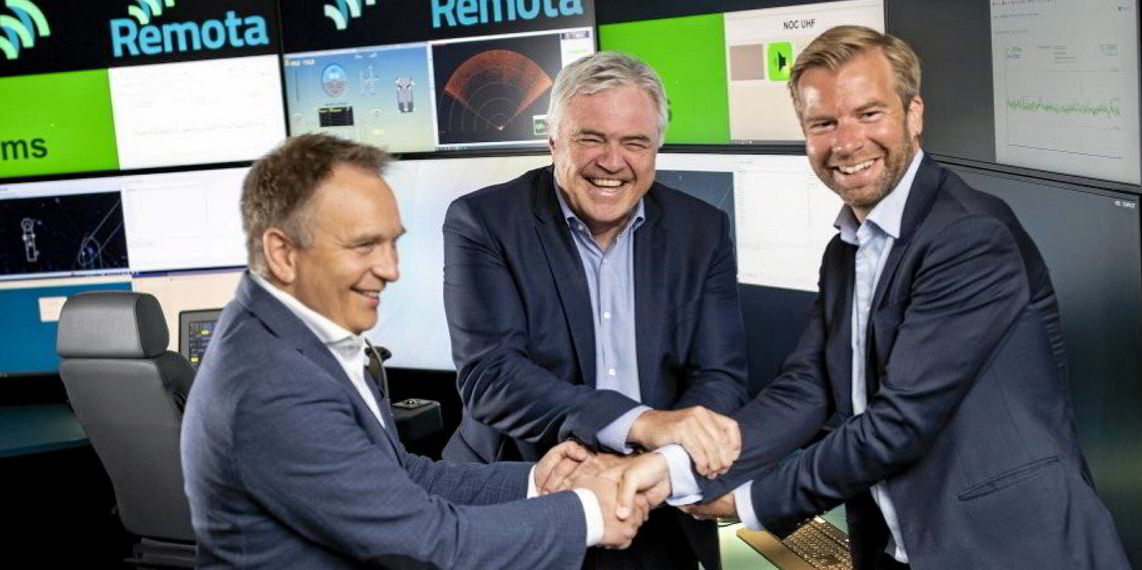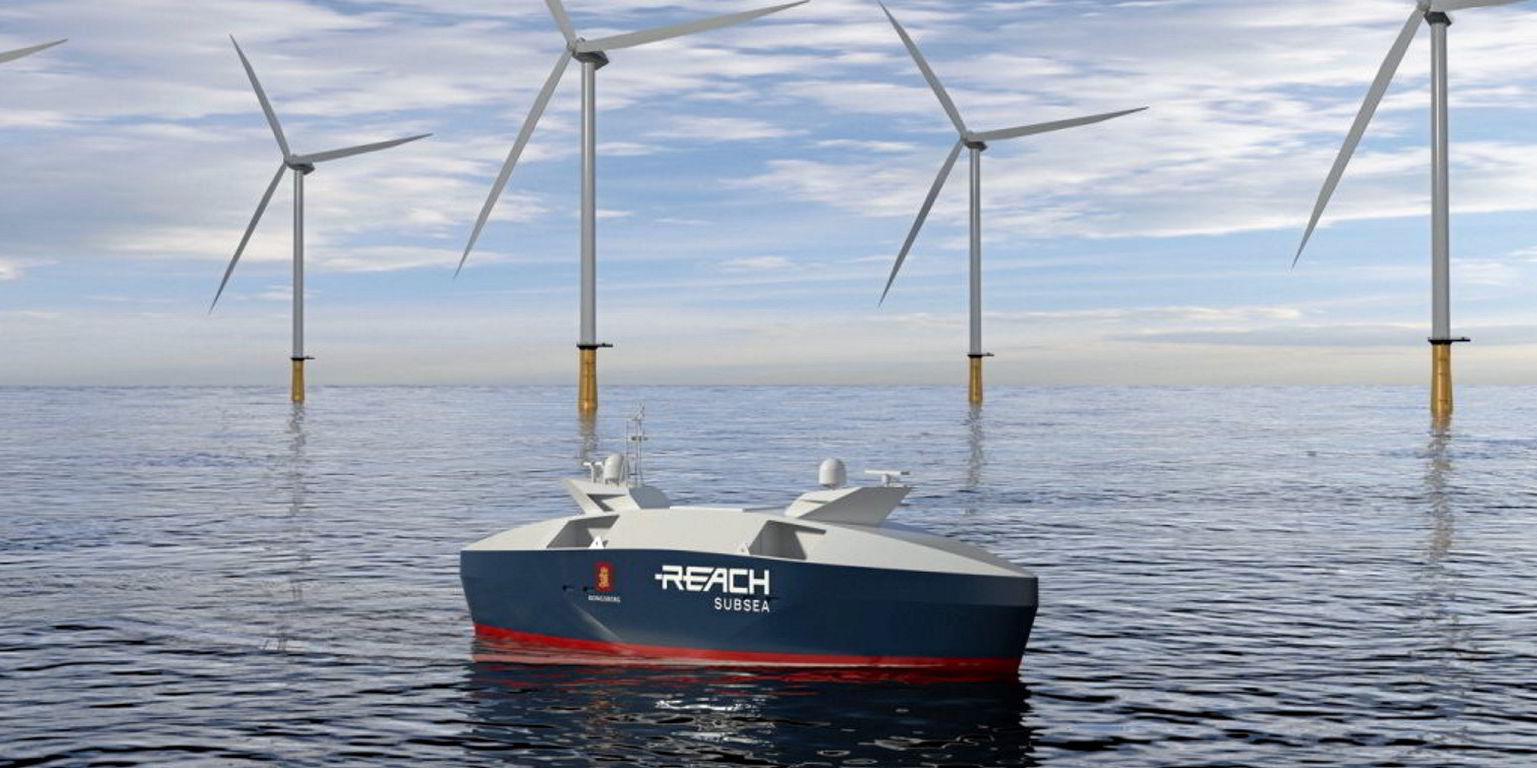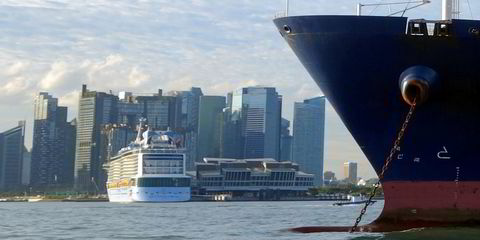A trio of Norwegian operators have joined forces to spearhead a drive into autonomous shipping for the offshore industry.
Solstad Offshore, DeepOcean Group and Ostensjo Group are forming two joint ventures to support remote operations in the sector, to drive down costs and emissions by fast-tracking the technology.
The three partners have established a company called Remota, which will own and operate advanced onshore remote operations centres.
The other venture, called USV, will develop, own and operate unmanned surface vehicles (USVs).
The operations will be owned on an equal basis between the companies.
“Solstad, DeepOcean and Ostensjo already have the technologies, competence and assets in place, but teaming up will further enhance the capacity, growth prospects and market penetration of our remote operations offering," said Solstad chief executive Lars Peder Solstad.
“Operators of offshore energy assets have challenged the supplier industry to deliver even more cost-efficient services. This is our response.”
A first remote operations centre is already fully operational, and with the addition of USVs, the partnership has big advantages on the cost and emissions sides, the companies believe.
The centre operates DeepOcean’s remotely operated vehicles (ROVs) from Haugesund, Norway.
Widening the scope
Under the Remota umbrella, remote operations and semi-autonomous maritime services will be offered to existing vessels, as well as ROVs and USVs.
The base will operate independently from its owners.
The aim is eventually to branch out from offshore to other sectors.
“Remote operations are key to unlocking huge emission reductions and cost savings from the marine and offshore industries. The new joint ventures aim to fast-track the adoption of new remote technologies, which in turn will make ocean-based industries even more sustainable,” said Havard Framnes, investment director at Ostensjo.
USV will be a separate company for investing in USVs equipped with a work-class ROV on board, cutting costs for subsea inspection, maintenance and repair work.
The concept of unmanned vessels contributes to all aspects of sustainable maritime operations and can be one way of fast-tracking the green transition, the partners believe.
Final stage of development
“By enabling more efficient operations, slower sailing speeds and significantly reduced operating costs, it is not only sustainable in terms of reduced environmental footprint, but also in economic and social terms,” they said.
The USV technology has been developed by DeepOcean. Solstad and Ostensjo have been involved in the final stage of the development.
It is estimated that USVs can reduce CO2 emissions by more than 90% compared with a conventional offshore vessel when conducting subsea operations.






